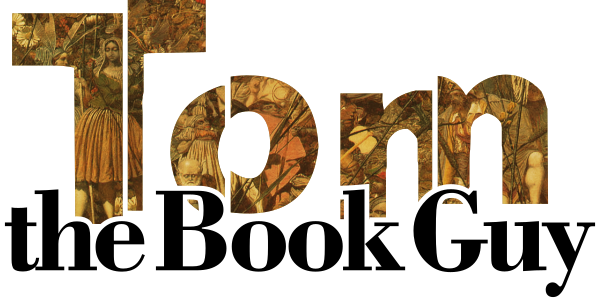The market of the antiquarian books is an interesting area for many people including collectors, historians, and bibliophiles. This particular segment is constantly developing, constantly adapting to changes in technological advances, collecting manias, and shifts in the world economy. Any current or prospective antiquarian bookseller must know these and other trends to succeed in the market.
The Growing Influence of Online Marketplaces
Perhaps, one of the most important trends observed in the past decade in the antiquarian book market is that which parallels the use of the World Wide Web. Today there are usadastro.com and abebooks.com, biblio and even eBay to assist collectors to find and make purchases. They have also paved way for antiquarian booksellers to extend their market a round the world through internet marketing platforms. Nevertheless, there are certain problems confront a seller on the internet, including increased rivalry and the necessity to provide clear and detailed descriptions of books as well as the exceptionally important free and good-quality photos of books.
Provenience: The Emergence, Documentation and Certification of Condition
Modern collectors are very selective compared to prior generations of collectors who were much more focused on provenance and in specific conditions of an object. Ownership history or provenance helps increase the value of the book, relative to the subject matter’s connection to famous personalities or events. Of like manner, books with less usage, or in other words books which are very hard used get less, while books with little or no usage get more.
Booksellers need to maintain proper records of the books they sell and take a great effort to provide conservation of the books that are available in their stock.
Trends in Collection of Habits
Although the habit to read books is changing the global young people express their desire to continue reading books of their choice or heritage. For instance, collectors now seek signed and inscribed, first edition books, modern literature and illustrated books and literature by minorities. Also, that thematic collections—books on a certain topic, for example, historical period or art trend—are becoming trendier.
The Role of Antiquarian Booksellers in the Market
Booksellers are the life of this ecosystem as they serve as creators, instructors, and matchmakers. They assist collectors in the evaluation of collectibles, in evaluating new gems, or in the establishment of coherent collections. Aside from sales, most booksellers have given their part in the preservation of great literary work in the community through blogs and networking and community involvement.
The Impact of Economic Factors
Demand for Antiquarian collectable books are subjected to economic conditions to a significant extent. During periods of economic stress there may be changes toward more cautious collecting, including more emphasis on durable highly valued collectible items such as books. On the other hand, economic upturn may attract idealistic values towards the acquirer’s assets. Booksellers who specialize in antiquarian books must reassess their strategies to market the right type of books at the right time – these are the investment quality books or more accessible ones.
Sustainable Management and Ethics
Introducing the topics of sustainability and ethical aspects in the trade of antiquarian books. So while and McCollough point out, booksellers are becoming more conscious of the fact that they are not contributing to the illicit traffic of cultural property. Other possible topics are promising from the perspective of sustainable customer values as well that can include actions like recycling packing materials and minimizing waste.
Key Takeaways for Aspiring Antiquarian Booksellers
Leverage Technology: Make good use of the internet and promotional techniques such as digital marketing to expand the business’s market base.
Prioritize Documentation: Preserve books and retain clear documents of ownership and keep records of their efficiency in recordation.
Understand Market Trends: Be aware of new collecting behavior and adapt stock.
Engage with the Community: Educate collectors and strengthen their bonds in a network shared through events and web content.
Adapt to Economic Changes: In order to establish itself as a viable player in the collectibles market at any given time, one needs to offer a huge variety of products at different price brackets.
Commit to Ethics: Mitigate responsible sourcing and support sustainability in your business.
About these major trends and findings antiquarian booksellers should be aware to sustain their business in todays’ conditions. Regardless of the newbie or seeking new forms of experience, it is crucial to follow specific trends in the field of antiquarian book trade.

